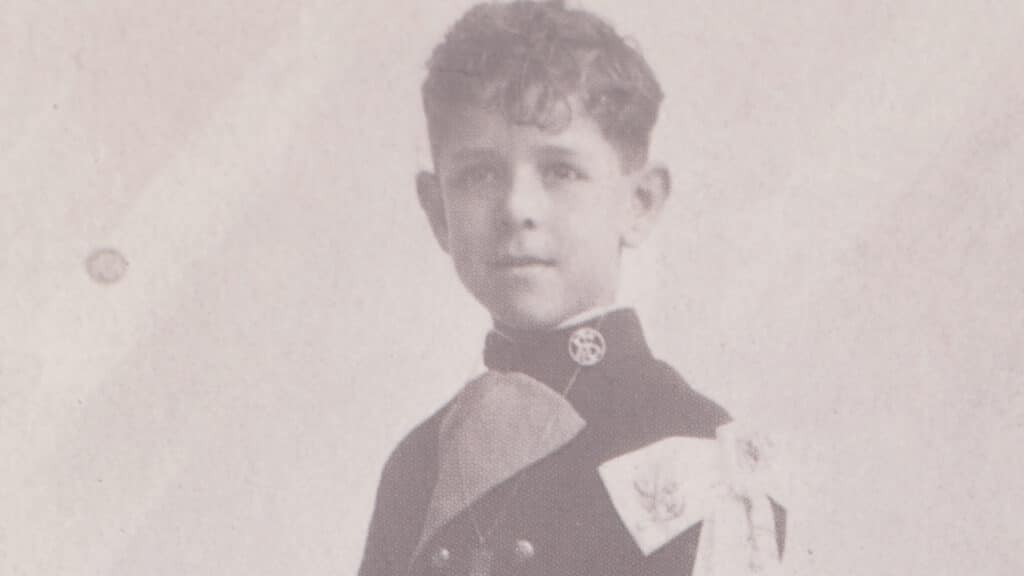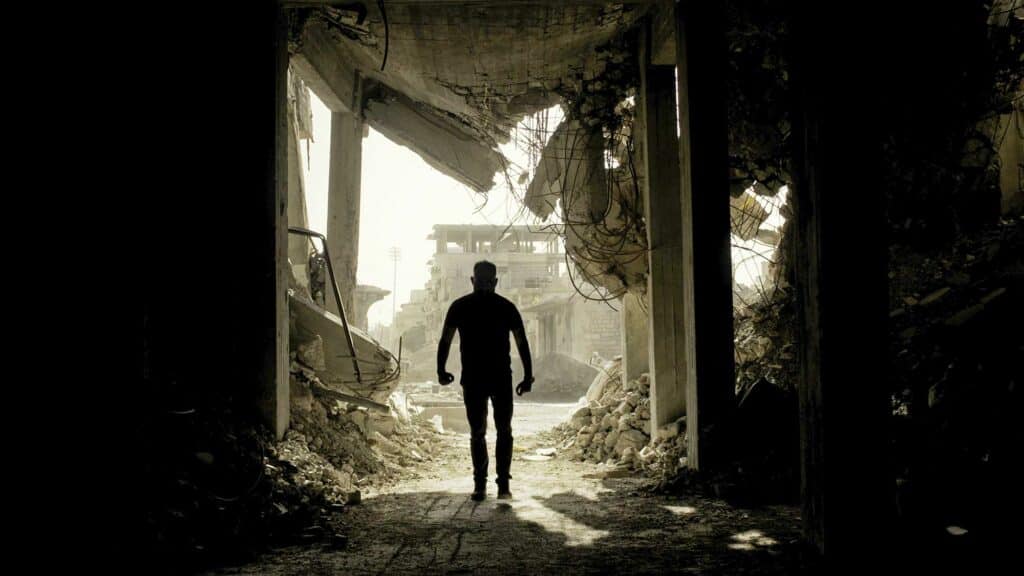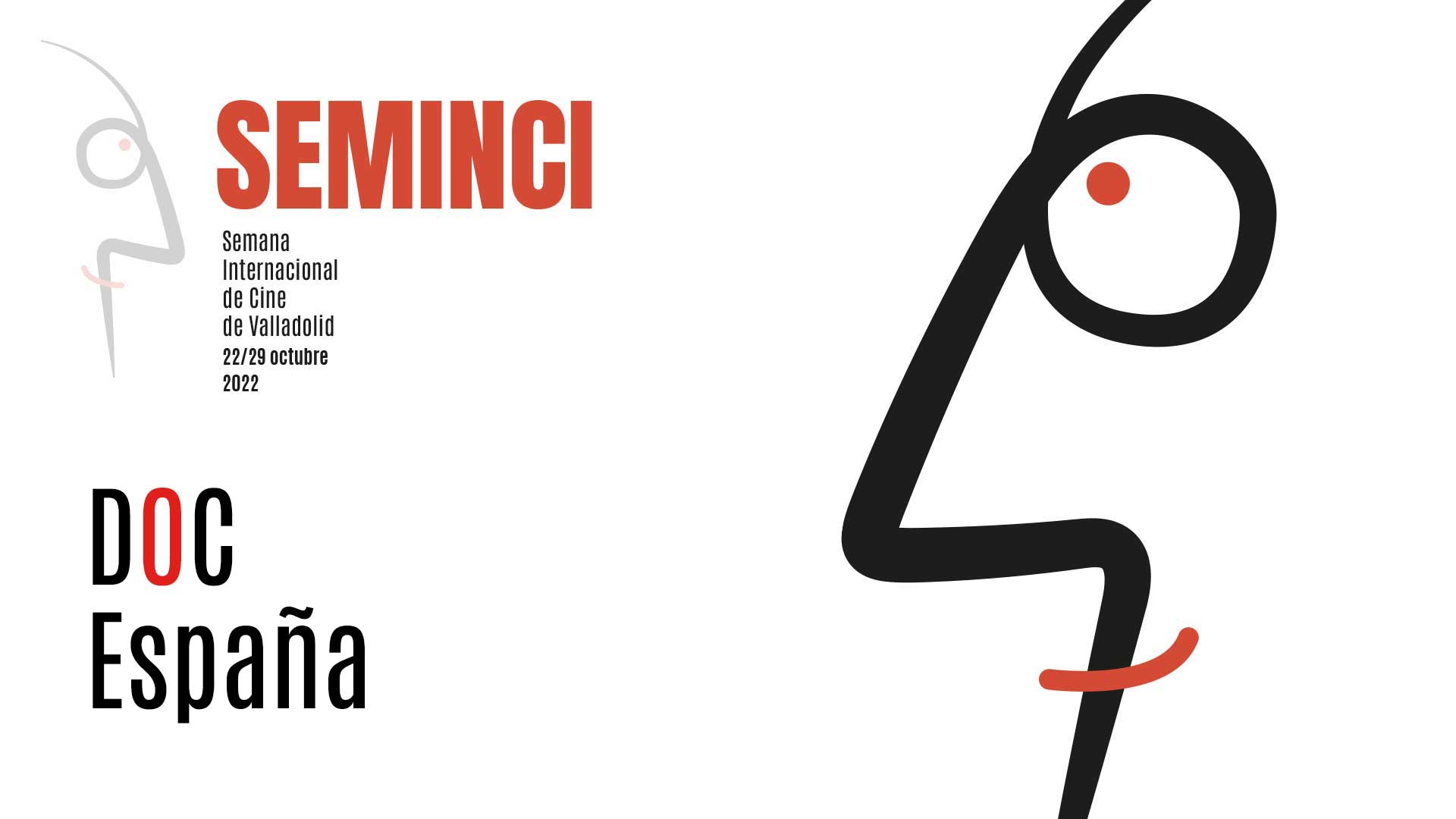The section devoted to Spanish documentaries will include feature-length films dedicated to Clara Campoamor, Emilia Pardo Bazán, Luis García Berlanga, Florián Rey and Diego Velázquez
Several leading figures from the world of Spanish culture are the main protagonists of this year’s DOC. España, the competitive section of the Valladolid International Film Festival dedicated exclusively to Spanish documentaries. The 67th Seminci is programming 16 feature films –—three of them out of competition— plus some other three short films, some of which deal with figures like the writer and politician Clara Campoamor, the literary author and critic Emilia Pardo Bazán, the filmmakers Florián Rey, Luis García Berlanga and Gonzalo García Pelayo, the actors María Casares and Rafael Álvarez El Brujo, the painter Diego Velázquez and the band Los Xey.
In addition to the cultural topics, the lineup of titles includes the revisitation of historical events, such as the construction of the Alhambra in Granada, the kidnapping of a group of journalists by the Islamic State in 2013 or the network that helped more than 3,000 Spaniards to escape from the Nazis. Additionally, a couple more films deal with current issues, such as mental health or the struggle to improve the harsh working conditions in Jordan.
Clara Campoamor, un voto para despertar (Rafael Alcázar) recreates the arrival in Madrid of the lawyer, politician and writer, and takes us through the places that marked her life, such as her childhood neighbourhood, her lawyer’s office —she was the first Spanish female lawyer along with Victoria Kent—, the Ateneo and the Palacio de las Cortes. Emilia, by Miguel Ángel Calvo Buttini, combines fiction, interviews and archival materials in its approximation to the figure of Emilia Pardo Bazán, one of the most eminent writers in Spanish literature from the 19th and early 20th centuries.

Three documentaries deal with the personalities of key filmmakers in Spanish cinema. El joven Berlanga, presented out of competition and directed by Berlanga’s grandnephew Chechu García-Berlanga, narrates the first 25 years of Luis García Berlanga’s life, from his birth in Valencia on 12 June 1921 until he decided to go to Madrid to study film in 1947. Florián Rey. De luz y de sombra (Vicky Calavia) takes us on a journey through the history of Spanish cinema by portraying the life and professional career of Florián Rey, a director who began a prestigious career in silent films and signed major commercial successes during the Second Republic.
The third feature film on Spanish filmmakers is Fiel a lo incierto (César Martinez Herrada), a journey through the film directing career of Gonzalo García Pelayo, the two-time protagonist of the section. Recognised as one of our most personal filmmakers by the specialised critics, he never ceases to set himself challenges; the latest: to make ten films in one year. In fact, DOC. España is premiering one of them out of competition, Alma quebrada, a documentary about a film director who sets out on a location-scouting trip for her next film. An admirer of Resnais and experimental cinema, she tries to create a plot that mixes her own story with that of a singer with whom she had an affair in the past.
The world of acting is present in El embrujo de Quijart, where Murcia’s director Chumilla-Carbajosa travels in search of answers while El Brujo rehearses his show with the intention of revealing to the world his surprising discoveries about the myth of Don Quixote and an alleged secret society called The Knights of the Word. In María Casares: a muller que viviu mil vidas, which screens out of competition, Xavier Villaverde brings us closer, with an intimate and profound style, to one of the most dazzling and acclaimed actresses of French cinema and theatre whose life was marked by the civil war and her French exile.

Los Xey, una historia de película (Eneko Olasagasti and David Berraondo) is a journey through the life and music of one of the most famous musical groups in the world since its creation in 1940 until its dissolution in 1961: a band that left an indelible mark on many generations. Kautela, el fotógrafo (Patricia Roda Amador) rescues the memory of Francisco Martínez Gascón, a photographer hitherto unknown to the general public and considered one of the precursors of modern photojournalism, following the discovery of a suitcase that contains a large number of unpublished photographs and documents that prove that Martínez Gascón lived through and photographed the Spanish Civil War on the Nationalist side.
Alongside these documentaries, the already announced Velázquez, el poder y el arte (José Manuel Gómez Vidal) will likewise be shown in this fest section. It deals with the painter’s constant search for the favour of power: first in his native Seville, frequenting the power coteries, and later at the Court, where in the service of King Philip IV he learned that a painter’s glory depended on staying close to the powerful.
Historical events
The DOC. España section’s programme will deal with several historical events. Los constructores de la Alhambra (Isabel Fernández) recounts the efforts of Sultan Yusuf I to erect a building that would reflect the splendour of his civilisation and defy oblivion: the palaces of the Alhambra. His vizier, Ibn al-Khatib, a poet and genius ahead of his time, takes part in this colossal challenge and records it in his chronicle. In turn, La red Ponzan (Ismael Gutiérrez) brings together the testimonies and documents of Francisco Ponzán Vidal who, together with 30 comrades (mountain guides, forgers and safe house keepers), managed to carry out conscientious humanitarian rescue work on both sides of the border during the Civil War and the Second World War.

Likewise, Regreso a Raqqa (Albert Solé and Raúl Cuevas) is the chronicle of what was possibly the most famous kidnapping in history, that of 19 journalists and NGO officials from different nationalities who were captured by the Islamic State, as narrated by one of the protagonists: the Spanish reporter Marc Marginedas, the first captive to be released.
The selection of feature films is complete with two works pervaded by social awareness. In Bailar la locura (Marta Espar and Maiol Virgili) three contemporary dancers set out to create a choreography that explores the limits between sanity and madness, and invite three women diagnosed with mental disorders to share in their creative process. Finally, Hafreiat (Alex Sardà) documents a Spanish archaeological mission in northern Jordan, where local workers excavate the earth for long hours. Abo Dya, a Palestinian Jordanian, wants to give his family a different life, but his criminal record hinders his efforts.
Finally, DOC. España’s selection of titles includes as well the short films El maestrat filmat , by Fermín Sales; O Penico Branco, by Adán Aliaga and Beatriz Freire; and Raúl Riebenbauer’s Réquiem Georg.
